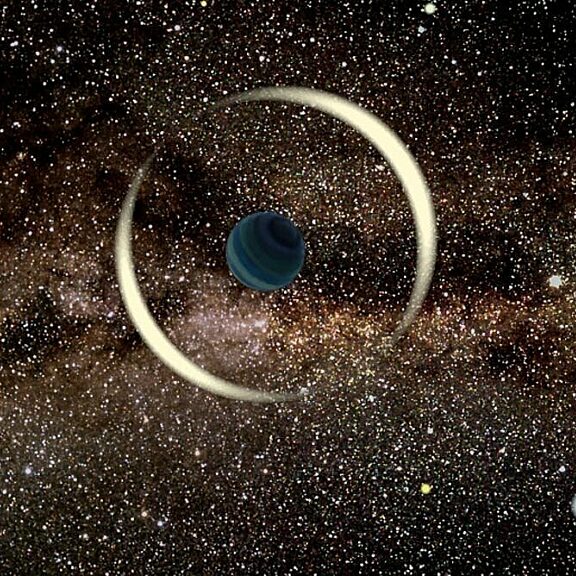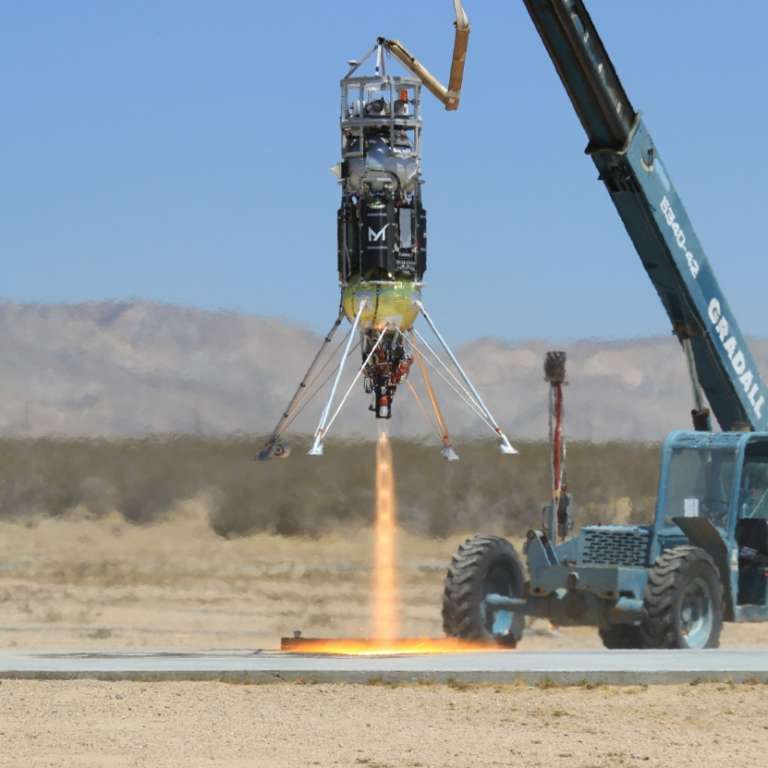Since 2002, Planetary Radio has visited with a scientist, engineer, project manager, advocate, or writer who provides a unique perspective on the quest for knowledge about our Solar System and beyond. The full show archive is available for free.
Search Planetary Radio
A distant, lonely planet has been discovered as it wanders the galaxy, while Bill Nye helps us celebrate selection of a radically-simple sample collection system for trips to the Moon and Mars’ moon Phobos.
Join Mat Kaplan in California’s Mojave Desert for special coverage of not one but two rocket flights and a real world test of PlanetVac, the innovative, radically simple way to collect surface samples from other worlds.
Space is hard. Sample collection and return is harder still. That’s why the radically-simplified PlanetVac system from Honeybee Robotics is so intriguing.
There’s a place to go when you find a space rock headed our way, or headed any which way. Tim Spahr directs the Minor Planet Center, the global clearinghouse for all information about asteroids, comets and other relatively small bodies like moons.
It’s called PlanetVac, and it’s an amazingly simple way to collect a soil sample on Mars. Or on the moon. Or on an asteroid. We’ll learn about it from Kris Zacny of Honeybee Robotics.


 Explore Worlds
Explore Worlds Find Life
Find Life Defend Earth
Defend Earth






